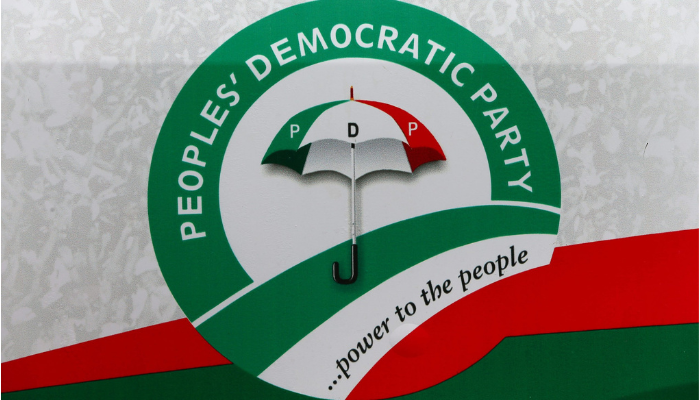The aftermath of the 66th Grammy Awards left many Nigerians disheartened as none of the eight Nigerian artistes nominated in various categories clinched an award. The event, held at the Peacock Theatre in Los Angeles, United States, stirred up diverse reactions on social media, with many questioning the obsession with Grammy validation and advocating for a stronger focus on Nigerian platforms.
In response to these sentiments, the Headies Awards, a prominent music recognition event in Nigeria, announced its return to Nigerian soil. Ayo Animashaun, the founder and executive producer of the Headies, took to Instagram to announce the decision, emphasizing the need to celebrate Nigerian music talents on home turf. He highlighted the global impact of Afrobeat music and expressed the Headies’ commitment to showcasing and honoring Nigerian artists.
“The Headies followed the music in honour of this explosion. As the event that recognised the arrival of our major music talents way before they conquered the world, we understand the importance of taking the good news of great music to new frontiers.”
Ayo Animashaun
However, amidst the excitement surrounding the Headies’ homecoming, speculations arose regarding the federal government’s purported plans to initiate the ‘African Grammy Awards’. Allegedly seeking partnership with the original Grammy Awards, the move raised concerns among industry stakeholders.
“This is a clear case of misplaced priorities. Instead of supporting homegrown initiatives, such as the Headies, All African Music Awards, Soundcity MVP Awards, and Trace Awards, the minister has opted to prioritise foreign involvement.”
Segun Ogunjimi, CEO of Trending Musik
Echoing similar sentiments, veteran music producer and industry consultant, Benjamin Iguebor, expressed readiness to oppose the initiative.
“The stakeholders in the industry are poised to call out and expose the egocentric individuals who are involved in these shenanigans of reversing the gains that have been made in the music industry and sell us out to second slavery, but we will fight it till the end.”
Benjamin Iguebor
As discussions continue to unfold, the Nigerian music community remains vigilant, advocating for initiatives that bolster local talent and preserve the cultural richness of African music on the global stage.




